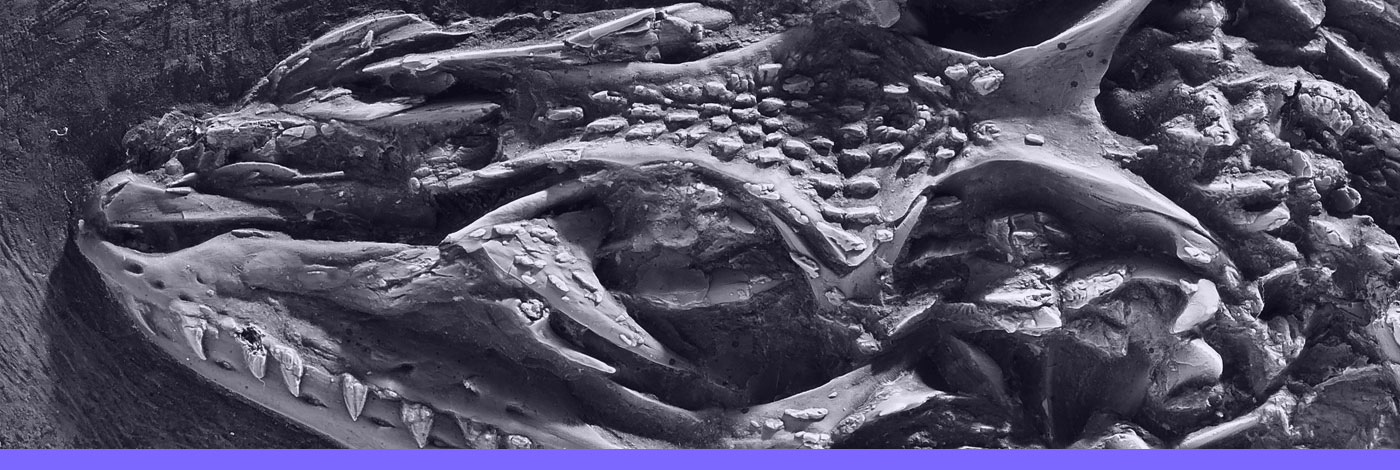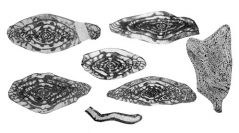

 Comptes Rendus Palevol
7 (5) - Pages 259-268
Comptes Rendus Palevol
7 (5) - Pages 259-268Pennsylvanian carbonates are widespread in Sonora (Mexico) and contain a diverse biota of foraminifers and calcareous algae. Detailed studies here are devoted to the outcrops of the Sierra Agua Verde and Cerro El Tule. The Late Atokan (early Late Moscovian part), Desmoinesian (= late Late Moscovian) and Missourian (= Kasimovian) stages are especially rich in fusulinids and algae. The principal zones of fusulinids of Wilde encountered are A3, DS1 and MC1–2. New data are given about the genera Fusulinella, Parawedekindellina, Zellerella, Komia and Paraepimastopora , in order to establish migrations or vicariances between Mexico and Palaeotethys.
Foraminifers, Algae, Biostratigraphy, Palaeobiogeography, Pennsylvanian, Sonora, Mexico